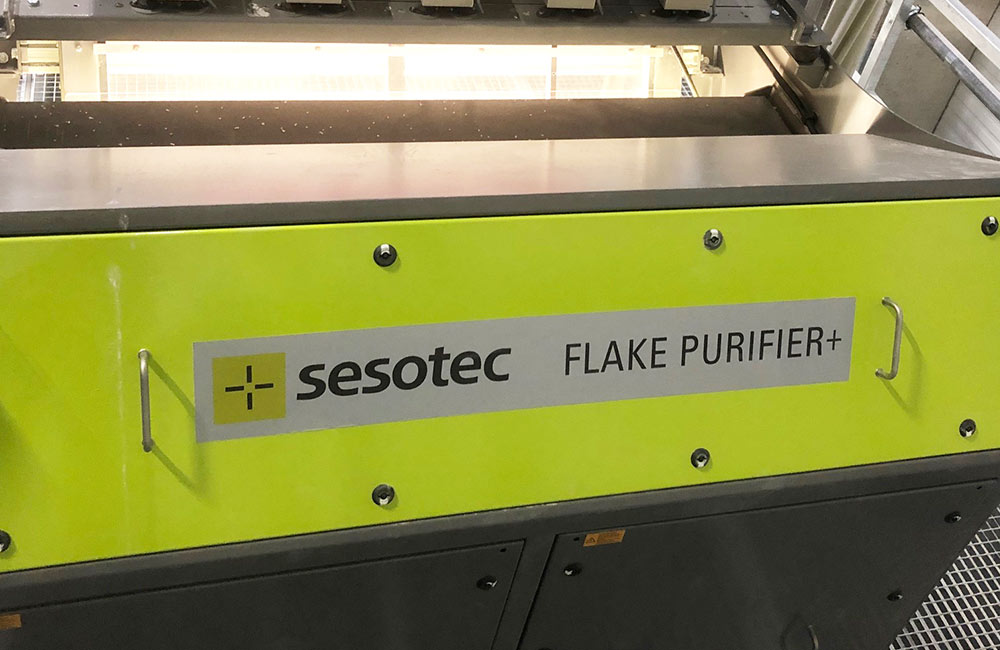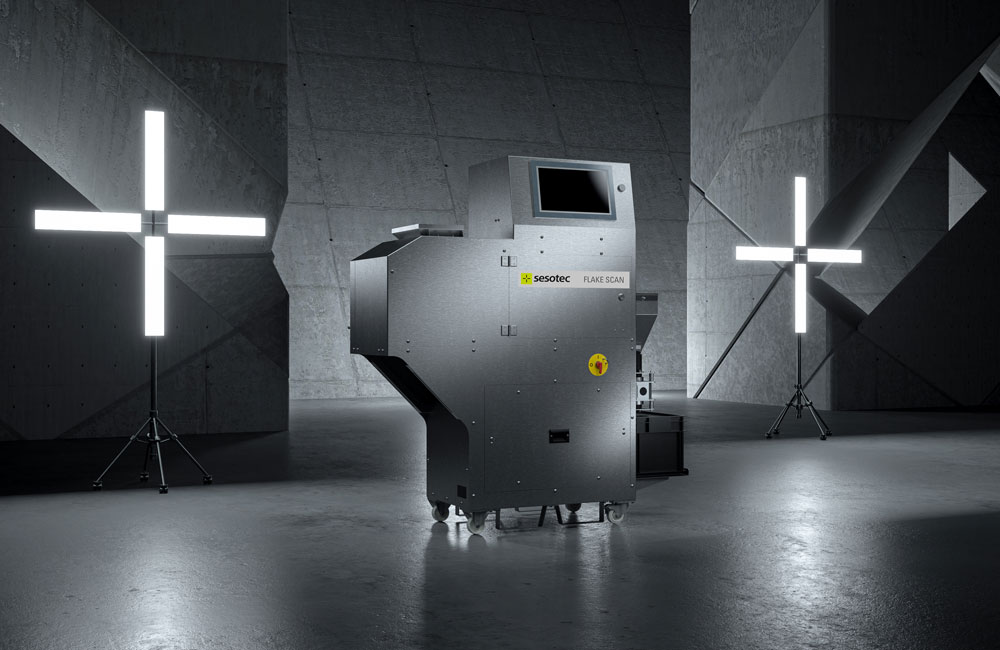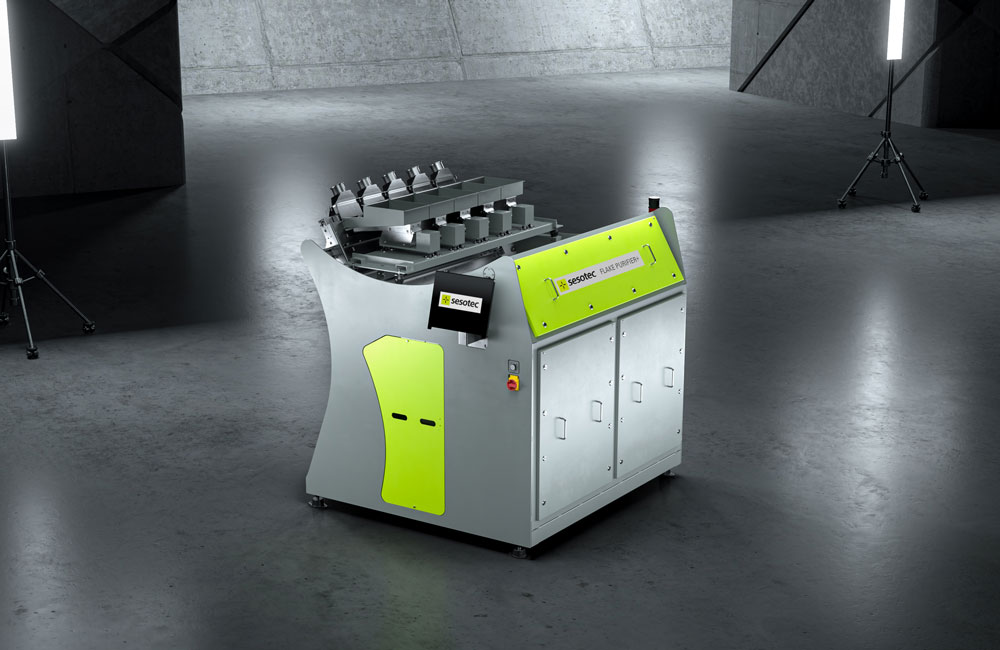Case Studies
12/04/2023 |
Pure recyclate is the be-all and end-all for profitable PET recycling

With more than 100 years of experience, the Reiling Group of Companies is constantly striving to create new opportunities for the optimal recycling and utilization of valuable materials. Reiling contributes to resource conservation as well as environmental and climate protection with efficient recycling processes.
In addition to recycling glass, photovoltaic panels and wood, Reiling operates PET recycling plants at its sites in Hamm, Marienfeld and, since 2020, Burgbernheim. In the PET recycling cycle in particular, the purity of the recycled end product is a prerequisite for rPET to be reused in a variety of ways. The production of new PET bottles or the manufacture of polyester fibers are just two individual examples of the use of rPET. If the highest quality recyclate is used, the recycling loop is closed.The need to produce virgin material recedes into the background.
The problem: Extensive and at the same time elaborate quality controls in the multi-stage PET preparation process
To produce recyclate of the highest grade and quality, Reiling Kunststoffrecycling relies on a multi-stage recycling process with state-of-the-art equipment. This is because only pure recyclate can be reused for a wide range of new products. The PET bottles are delivered in the form of briquettes or pressed into bales. First, they are separated, then contaminants are removed, and the bottles are sorted by color. After crushing and washing processes, the PET flakes pass through Sesotec‘s FLAKE PURIFIER+ sorting systems, which perform separation of colors and metals as well as sorting by plastic type in a single pass.
In addition to state-of-the-art equipment, Reiling‘s internal quality management system throughout the entire treatment process ensures that only PET flakes of the highest purity leave the plant. Complex manual, thermal and visual random sample analyses are necessary to evaluate the recyclate in the recycling process.
The solution: Reliable and precise laboratory analysis system ensures highest quality in the end product
With the new FLAKE SCAN laboratory analysis system from Sesotec, Reiling is able to perform an evaluation of the quality of plastic flakes within a few minutes. Above all, this enables fast and reliable decisions to be made about the usability of the material. Every single BigBag and every silo delivery is subjected to precise quality control. The Sesotec FLAKE SCAN material analysis system is installed directly in the plant. This allows the material samples from each BigBag to be examined and analyzed precisely and within minutes for foreign plastics, off-color and metals.

The customer benefit: High-quality recyclate for a wide range of applications
Dr. Hanns-Jörg Bentele, Managing Director of Reiling Kunststoffrecycling GmbH: "We had the opportunity to test the FLAKE SCAN shortly after its market launch and were convinced of its benefits after extensive trials. The FLAKE SCAN analysis system from Sesotec provides us with precise, automatic, and above all, reproducible results for the analysis of material samples in a significantly shorter time. The analysis system relieves the laboratory. This saves time, and of course, additional costs in this area."
The FLAKE PURIFIER+ sorting system, and the FLAKE SCAN material analysis system, from Sesotec, make precision in material separation and quality monitoring possible. Sorting and analysis form a unit, with the help of which extremely high-quality secondary raw materials are achieved. Material cycles are closed. Sustainability, environmental protection and profitability go hand in hand.






